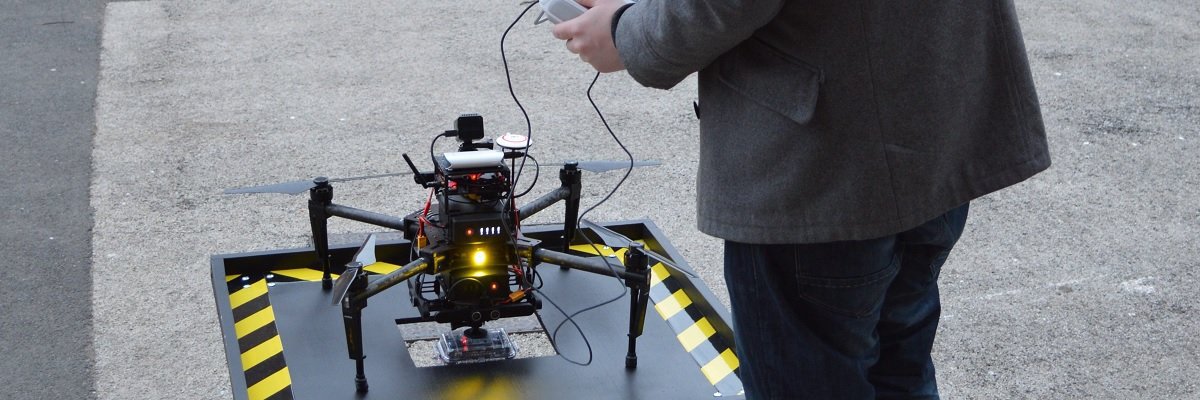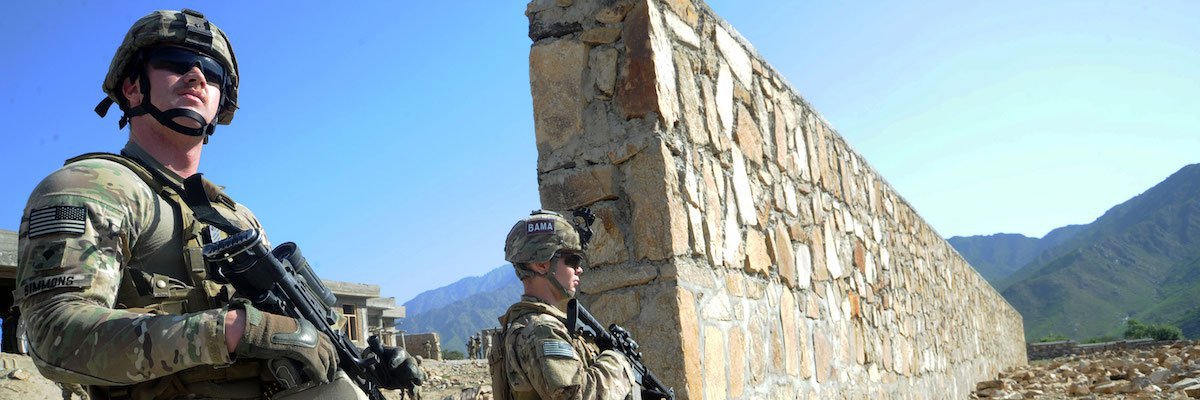In the midst of Virginia’s proposed moratorium on law enforcement drones, the state emergency management agency has released documents outlining a rejected proposal to use unmanned aerial vehicles (UAVs) to monitor radiation.
The proposed system would have deployed drones in place of firefighters to take radiological readings following nuclear incidents. The July 2012 decision paper released to MuckRock further reveals that Virginia’s Army National Guard has drones in its inventory. But without authorization documents, it is unclear to what extent or purposes the UAVs can be flown.
The documents were released to MuckRock by the Virginia Department of Emergency Management (VDEM). MuckRock user Beth Wellington submitted VDEM as a lead to the 2012 Drone Census, a partnership project with the Electronic Frontier Foundation.
VDEM first considered using UAVs to monitor radiation fallout in 2011, the documents show. An emergency service coordinator in Newport News, Va. proposed acquiring drones for this purpose in October 2011 in a briefing with the Virginia National Guard, Federal Aviation Administration (FAA), representatives from state nuclear power plants, VDEM’S Radiological Emergency preparedness staff and the Environmental Protection Agency.
An April 2012 letter from the fire chief of Spotsylvania, Va. to the head of VDEM expressed “grave concern” that no action had been taken to move the UAV proposal beyond this briefing. Chief Chris Eudailey called on VDEM to evaluate drones as innovative technology to “reduce the potential [radiation] exposure to first responders. According to the chief, technology for detecting airborne radiation “has past the threshold of being air mobile in an UAS [unmanned aerial systems] platform.”

In his May 2012 response letter, VDEM Coordinator Michael Cline indicated that his department was researching the feasibility of using drones to monitor radiation. Two months later, VDEM issued a decision paper advising against pursuing the proposal further.
Cline listed a number of concerns VDEM considered “inherent” in developing a UAV-based radiological monitoring program. Concerns included redundancy and overlap between federal and state response to nuclear incidents, as well as the potential to aggravate rather than mitigate public safety concerns. The VDEM working group considered “the prospect of having unmanned aircraft, contaminated with radiation flying above our communities” to present “a potential risk to public safety and the environment that is disproportionate to any intended benefit.”

While VDEM rejected the proposal to implement drone technology, released documents suggest that another state department has already acquired UAVs. According to the VDEM decision paper, “the Commonwealth’s Department of Military Affairs has UAVs in their inventory […] designed to perform surveillance and reconnaissance.”
The documents do not clarify exactly how many drones have been purchased by the Department of Military Affairs, which oversees the Virginia Army National Guard. The FAA has not released any documents authorizing the Virginia Department of Military Affairs to fly UAVs, nor was any Virginia state agency listed on the FAA’s disclosure to the Electronic Frontier Foundation in April 2012. While the Virginia Army National Guard was included on a September 2012 list released to Representative Ed Markey following his inquiry into drone authorizations, the FAA’s updated list of authorizations included no Virginia state agencies as of February 7, 2013.
It is unclear, then, to what extent the Virginia Army National Guard is authorized to operate its UAV units. Also murky is the effect Virginia’s proposed two-year moratorium on law enforcement drones, which passed the state legislature on February 5, might affect drones operated by the state national guard. A recent UAV purchase by the sheriff of Russell County, Va. figured strongly in the moratorium debate, while the Washington Post reported that “there are no drones in operation in the commonwealth,” suggesting that lawmakers did not consider the bill’s effect on national guard drones. The bill now awaits signature by the governor.
Image via DroneTechNews




